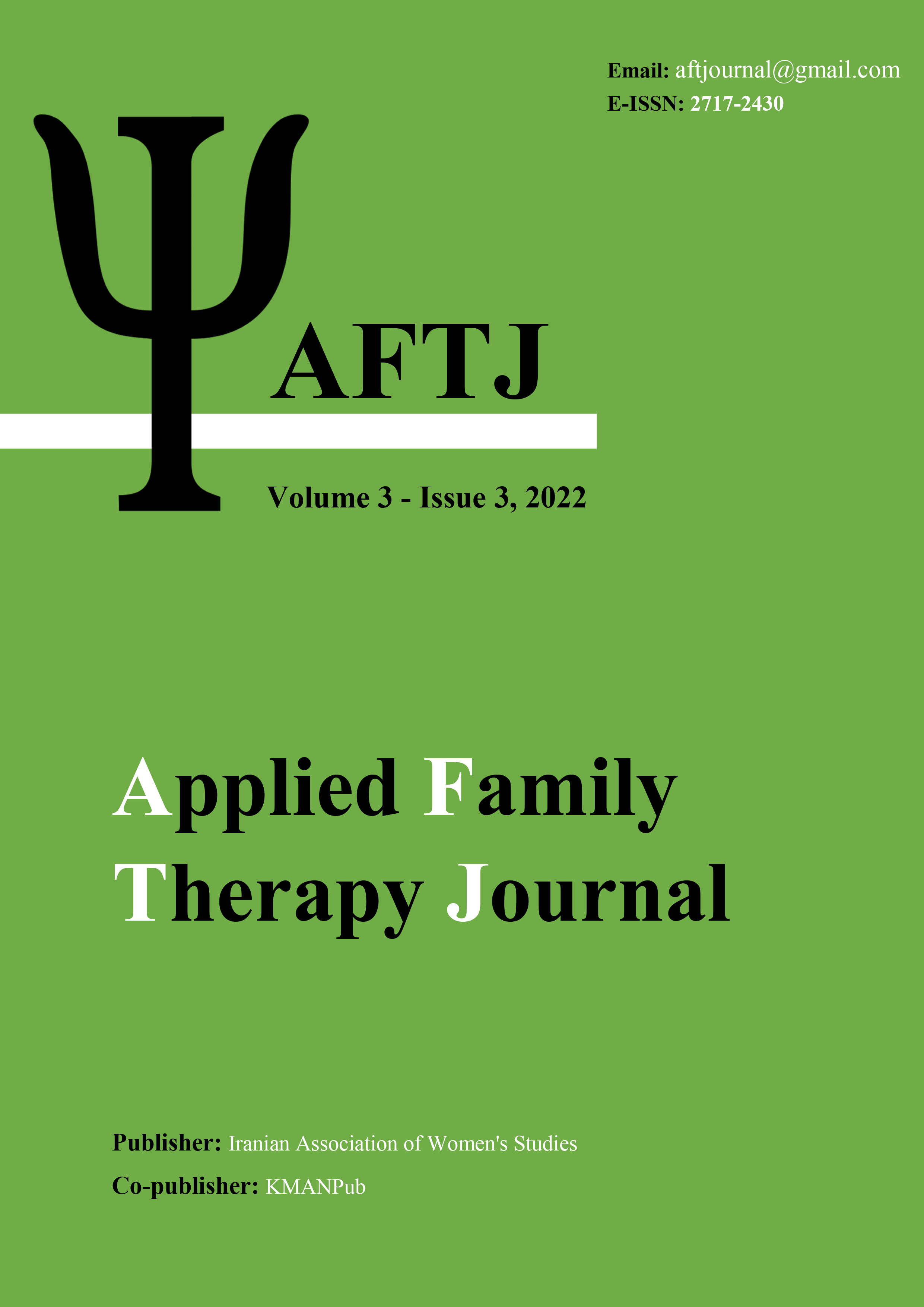The effectiveness of acceptance and commitment therapy on emotional regulation and disease perception in women with irritable bowel syndrome
Keywords:
Acceptance and commitment therapy, Emotional regulation, Perception of disease, irritable bowel syndrome.Abstract
Aim: The aim of this study was to evaluate the effectiveness of acceptance and commitment therapy on emotional regulation and perception of the disease in women with irritable bowel syndrome. Methods: The quasi-experimental research method was a pretest-posttest design with a control group with follow-up. The statistical population of this study was all female patients with irritable bowel syndrome in Isfahan in 2018 who were selected by available sampling method, 30 patients were selected and randomly divided into an intervention group by acceptance and commitment therapy and a control group that finally, after falling, 28 remained (experimental group 13 and control group 15). The experimental group underwent 8 90-minute sessions of acceptance and commitment according to the protocol of Hayes, Orsillo, & Roemer (2010) and the control group remained on the waiting list. Data were collected based on the Disease Perception Questionnaire (Broadbent et al., 2002) and the Emotion Regulation Questionnaire (Gross and John, 2003) and repeated measures analysis of variance was used using SPSS software. Results: The results showed that the method of acceptance and commitment treatment had an effect on emotional regulation (F=24.09, P<0.001) and disease perception (F=10.91, P<0.001) in patients with irritable bowel syndrome. The results also showed that the method of acceptance and commitment treatment on emotional regulation and perception of the disease in patients with irritable bowel syndrome was durable at the follow-up stage. Conclusion: Therefore, based on the findings of the study, it can be said that the method of acceptance and commitment treatment is an effective model in patients with irritable bowel syndrome and can be used as one of the treatment or educational methods in patients' programs.
Downloads
Downloads
Published
Issue
Section
License

This work is licensed under a Creative Commons Attribution-NonCommercial 4.0 International License.





















